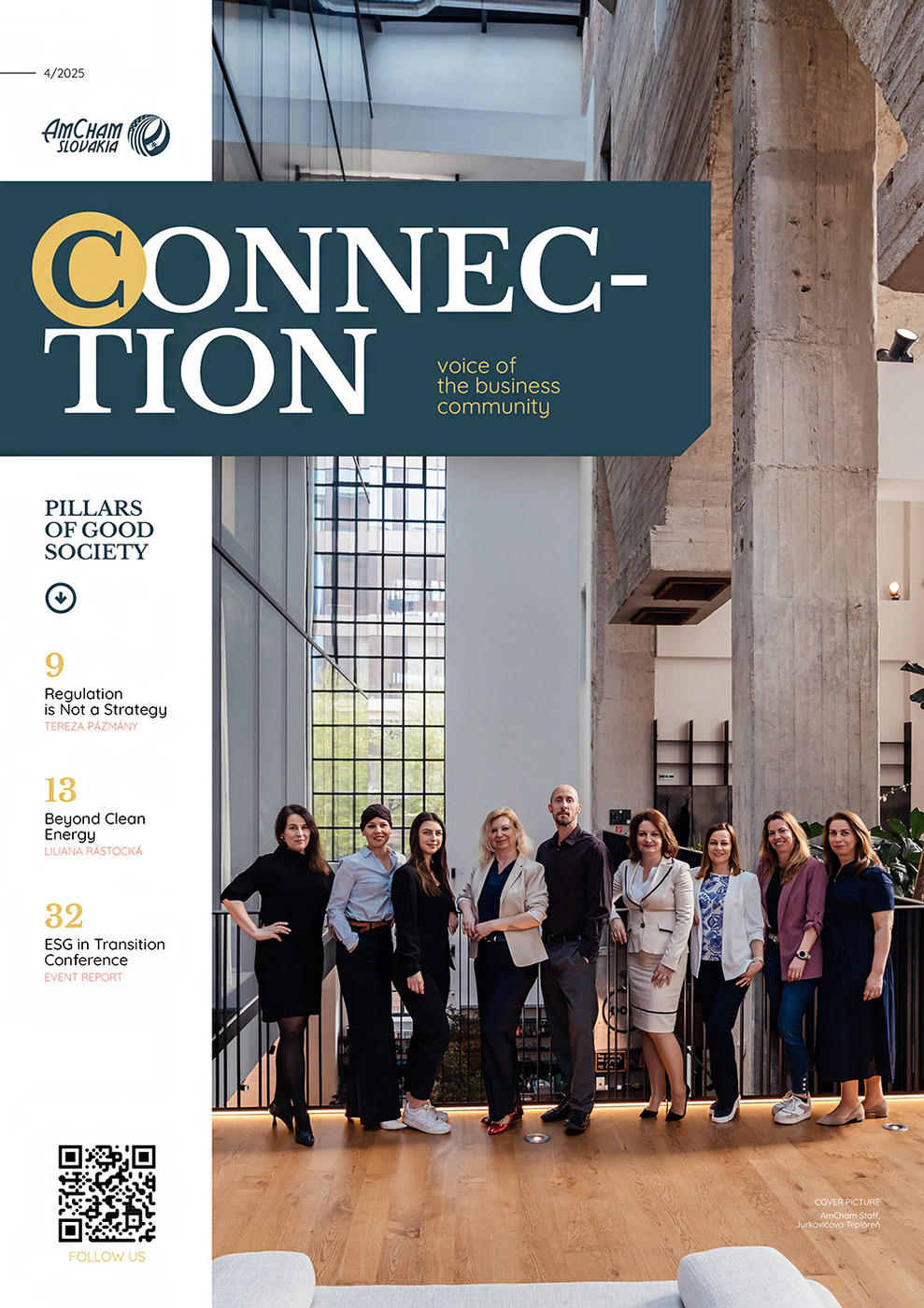What new elements does the new European Commission directive bring for entrepreneurs in Slovakia, and how are these reflected in the recent amendment to the Slovak Bankruptcy and Restructuring Act?
I see the Commission’s initiative as a very positive step. For too long, entrepreneurs across Europe have been operating under very different insolvency frameworks, which created a lot of uncertainty, especially for those doing business across borders. The new directive aims to make the rules more predictable and fair, and that’s something that will benefit Slovak entrepreneurs directly. It will bring more predictability and legal certainty, especially in cross-border situations. It also emphasizes restructuring as a primary tool before bankruptcy and strengthens the rights of creditors while making the whole process more transparent. The recent amendment to the Slovak Bankruptcy and Restructuring Act already reflects some of these elements, for instance by shortening procedures and introducing mechanisms that make early intervention more effective.
How do you perceive Slovakia’s readiness to align with the upcoming EU directive?
In terms of readiness, I would say Slovakia is moving in the right direction. The 2022 amendment already introduced preventive restructuring, which is very much in line with the EU’s vision of keeping viable businesses alive rather than pushing them straight into bankruptcy. That shows our legislation can adapt flexibility to European initiatives.
However, the challenge will not just be about adopting the rules on paper, but about making them work in practice, particularly in ensuring access to financing during restructuring, advancing the digitalization of proceedings, and strengthening the role for independent experts. From a legislative perspective, Slovakia has the tools to react flexibly, but the real test will be how effectively these changes are implemented in practice.
As the leader of the Task Force, how do you view AmCham Slovakia’s role in the legislative consultation process?
AmCham Slovakia plays an important role in this process. Our task is to serve as a bridge between policymakers and the business community. The value that AmCham brings is that it gives businesses a collective voice in this discussion. What we bring to the table is practical experience; we see on a daily basis how insolvency rules affect entrepreneurs, creditors, and investors in real situations. By channelling the insights of the business community, AmCham helps lawmakers design solutions that are not only legally sound, but also workable in the market and trusted by stakeholders.
What restructuring and insolvency-related reforms would most effectively support the business environment in Slovakia?
From my perspective, the most effective reforms would be those that make restructuring a truly usable tool for businesses, not just a theoretical option. That means ensuring easier access to financing during restructuring, because without liquidity even the best restructuring plan cannot succeed. We also need to continue digitalizing the procedures to make them faster and more accessible, and to strengthen the role of independent experts so that stakeholders have confidence in the process. If I had to point to one urgent need, it would be to create real incentives for early intervention. Too many companies in Slovakia wait until it is too late before seeking help. If the framework encouraged entrepreneurs to act earlier, we would see more successful restructurings and fewer liquidations, which ultimately gives honest businesses a chance to recover while also protecting creditors and employees.
What contributions has the AmCham Task Force made to the recent amendment of the restructuring law?
Our Task Force has been actively involved in the recent insolvency law amendment process. We advocated for more transparency towards creditors, for mechanisms that help companies address their problems earlier, and for strengthening the position of entrepreneurs who genuinely want to find fair solutions before bankruptcy. The Task Force contributed in several areas, from simplifying the bureaucracy around declaring bankruptcy, through removing confusing provisions from the law, to making access to insolvency tools easier both for companies and for creditors. In each of these points the aim was the same - to make the insolvency tools clearer, faster and more practical.
What are your plans for the future direction of the Task Force?
I would like to build on the momentum we already have. We will closely follow developments in Brussels and make sure that the Slovak business perspective is represented. We also want to open discussions about the practical implementation of the directive, and cooperate with both professional and academic communities to strengthen expertise and legal practice. In the long run, I see the Task Force as a platform for dialogue between the state and business, helping to create a modern and effective restructuring and insolvency environment that supports both economic stability and growth.
More information: Restructuring and Insolvency Task Force
Viliam Myšička, Office Managing Partner, Kinstellar



Follow us